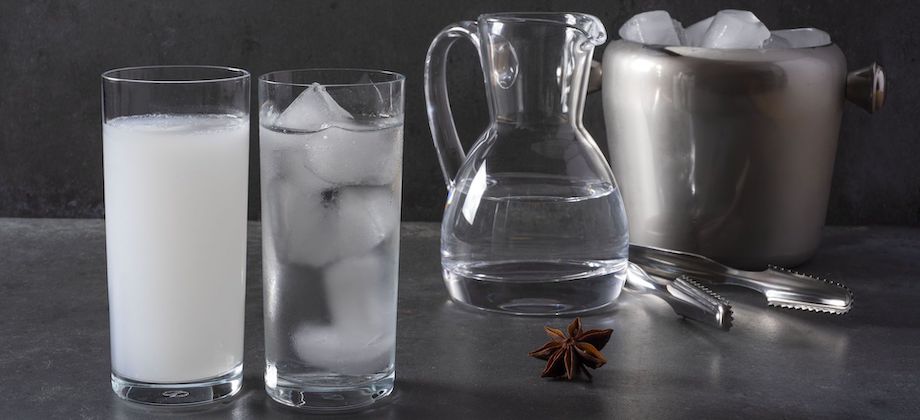Turkey
Turkish Spirit: Rakı

Quick Facts
- Magical History
- Culture recognized around the world
- Magical Process
- The Magical Transformation of Rakı
- Magical Quality
- Export the 500 Year Old Culture
Türkiye’s Culture Heritage
Rakı is a beverage originating from within the borders of the Republic of Türkiye, made with natural ingredients, such as locally grown grapes and traditional aniseed.
Production methods from field production, processing, and other operations within the country’s borders resulted in this completely unique, colorless, and distilled alcoholic drink. According to research, raki has historical origins in Anatolia dating back at least 300 years.,
The Most Magical Cultural Drink
Almost all reference publications indicate that Rakı is a Turkish drink. Over time, the Rakı was brought to its present characteristics by the taste of the people living in Ottoman and later Turkish lands and its production was standardized. Today's properties of Rakı are not found in other drinks around the world. The first perception of Rakı during the tasting, leaves a very strong anise smell on the front nose, intense and balanced anise-alcohol taste on the palate, as well as the aroma from the grape, and a slippery mark on the back palate.
The burning taste of the raki alcohol is balanced by removing the anise aroma from the effect of sugar and demineralized water; the presentation of the grape alcohol aroma with a balanced sugar ratio gives the Rakı a "traditional taste".
